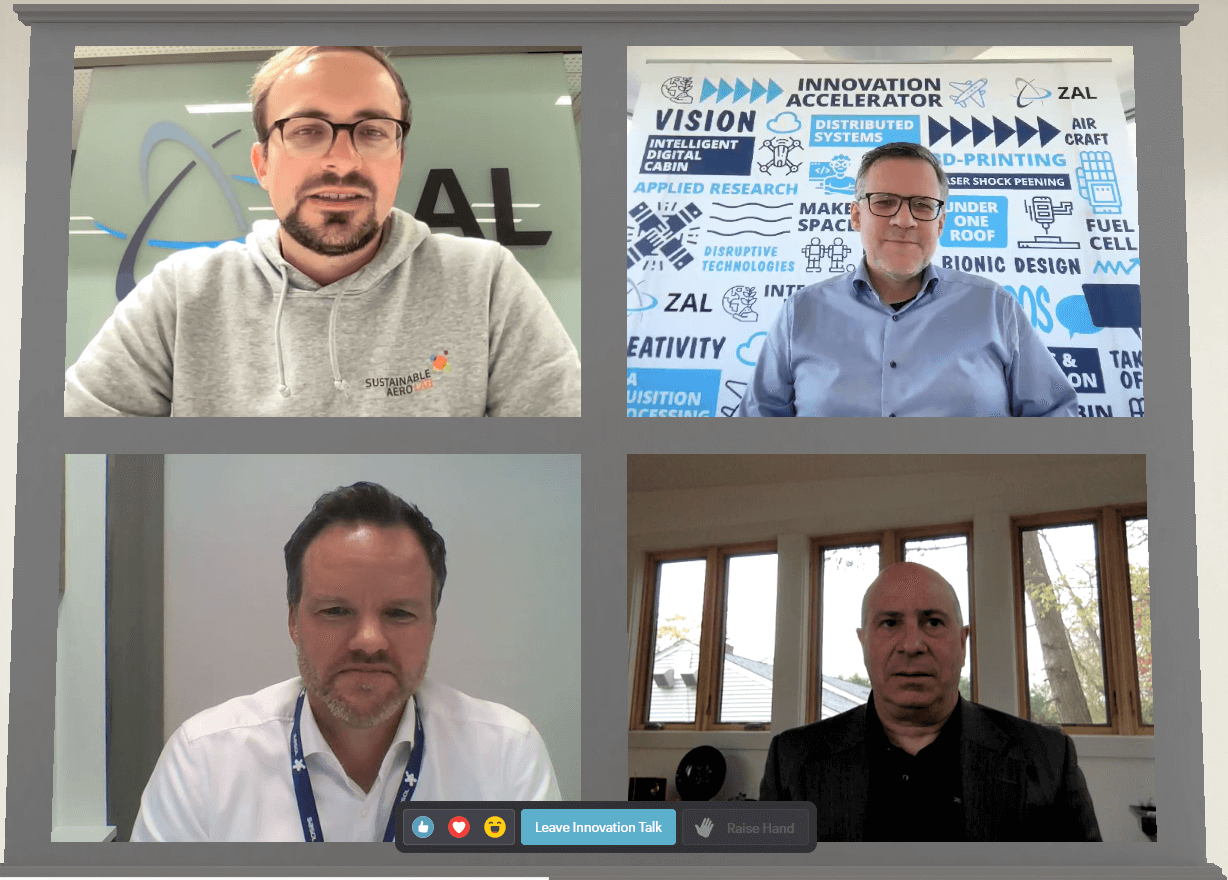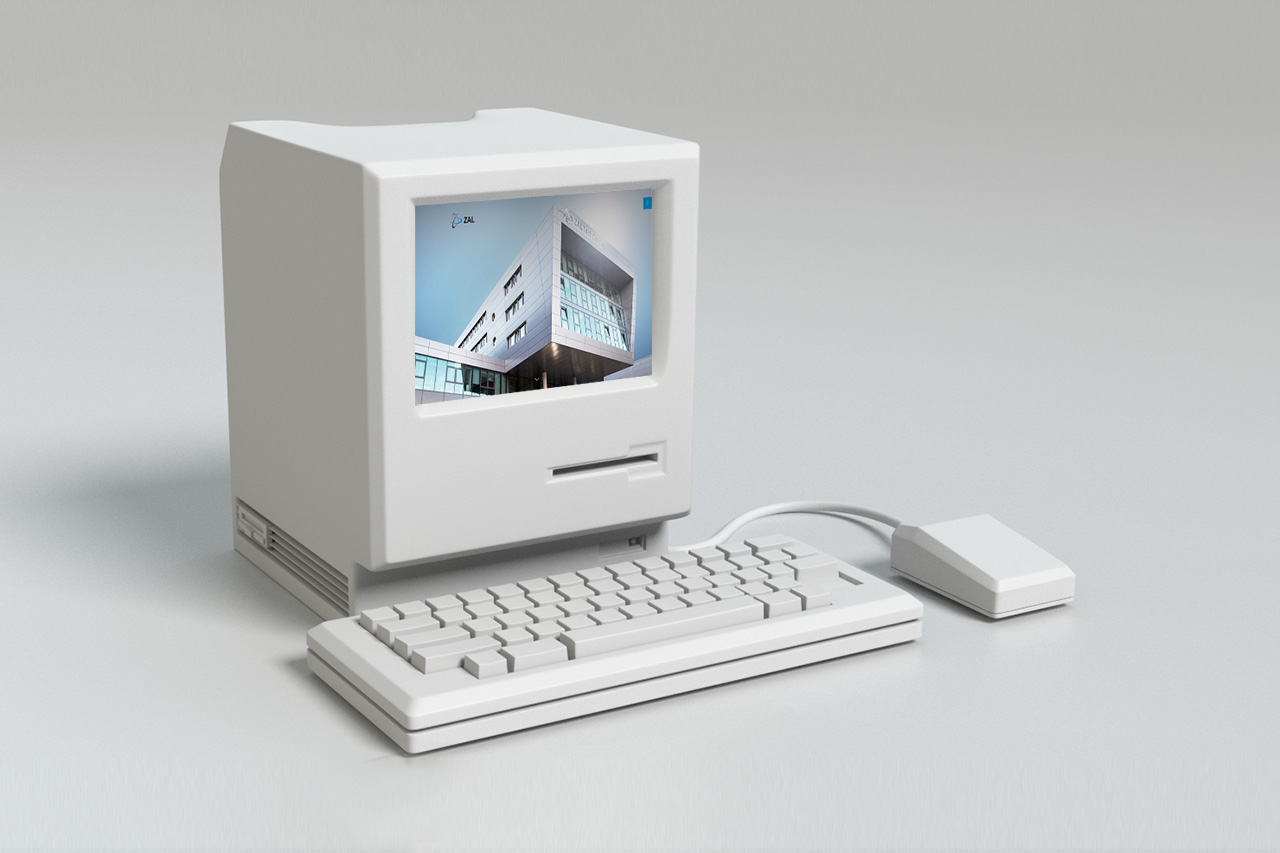Sustainable aviation fuels (SAF) are one of the hottest topics in aviation right now. A recent study by ZAL partner Sustainable Aero Lab shows that public interest for the segment has surged in the last months, bringing it to the global main stage. This seems logical, as in the short- and medium-term, SAF is regarded as a key driver to lower CO2 emissions in aviation. But even in the long-term, once electric and hydrogen aircraft are market-ready, SAF could remain crucial as the solution for the long haul.
But with great potential come great challenges: Production capacity for SAF is still minimal, and even with rising prices for fossil fuels, SAF remains an expensive premium. While flight tests with SAF are rapidly picking up, no aircraft is certified to fly with a 100% SAF blend yet – “drop-in & go” is still off-limits. So, will the technology be able to fulfill its promise and really fuel the decarbonization of our industry?
In the ZAL Innovation Talk on Sustainable Aviation Fuels 5 Years from Now on May 04 we discussed this hot topic with two high-ranking international experts from the field: Dr. Helge Sachs, SVP for Sasol’s new SAF branch “ecoFT”, and Dr. Michael Winter, responsible for strategic technology roadmaps at Pratt & Whitney.





